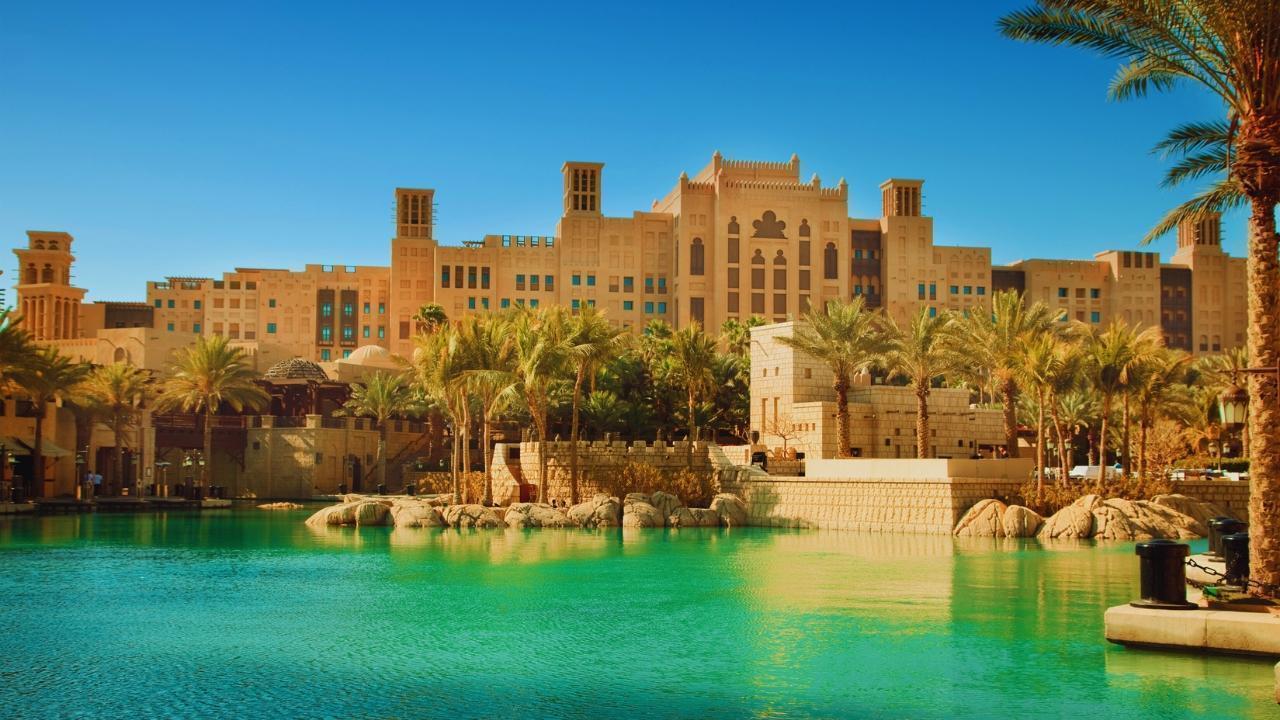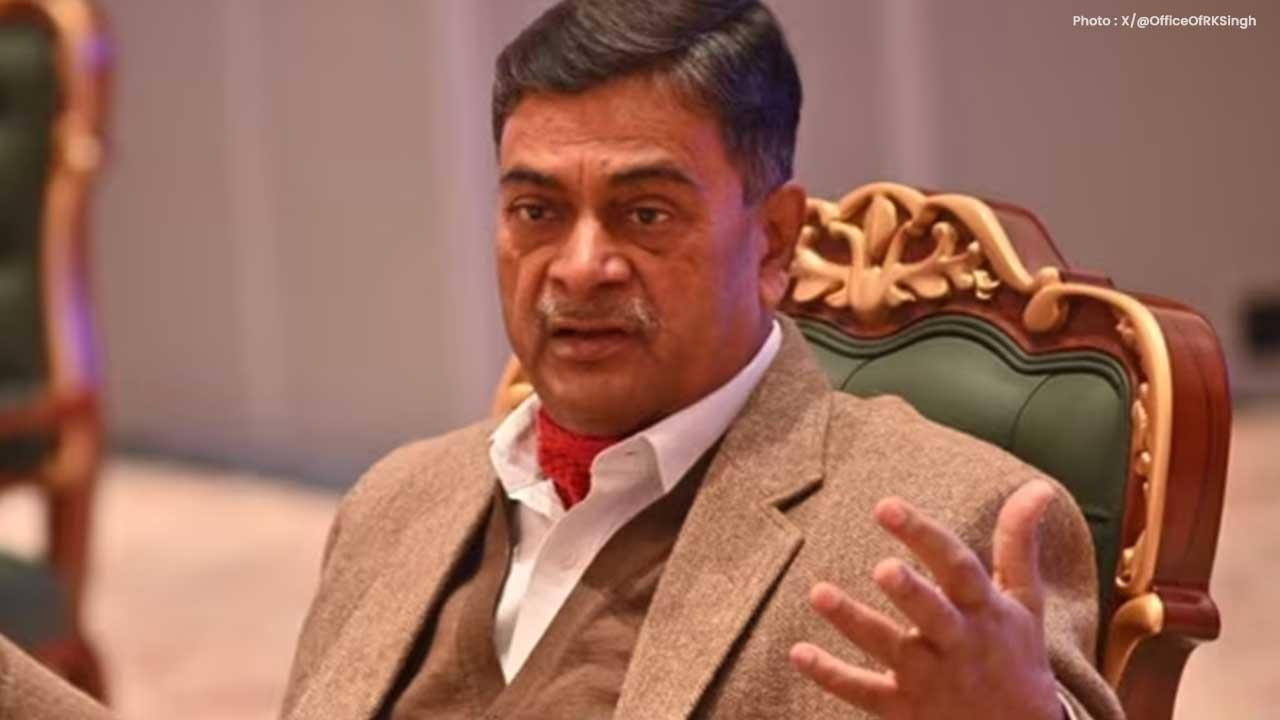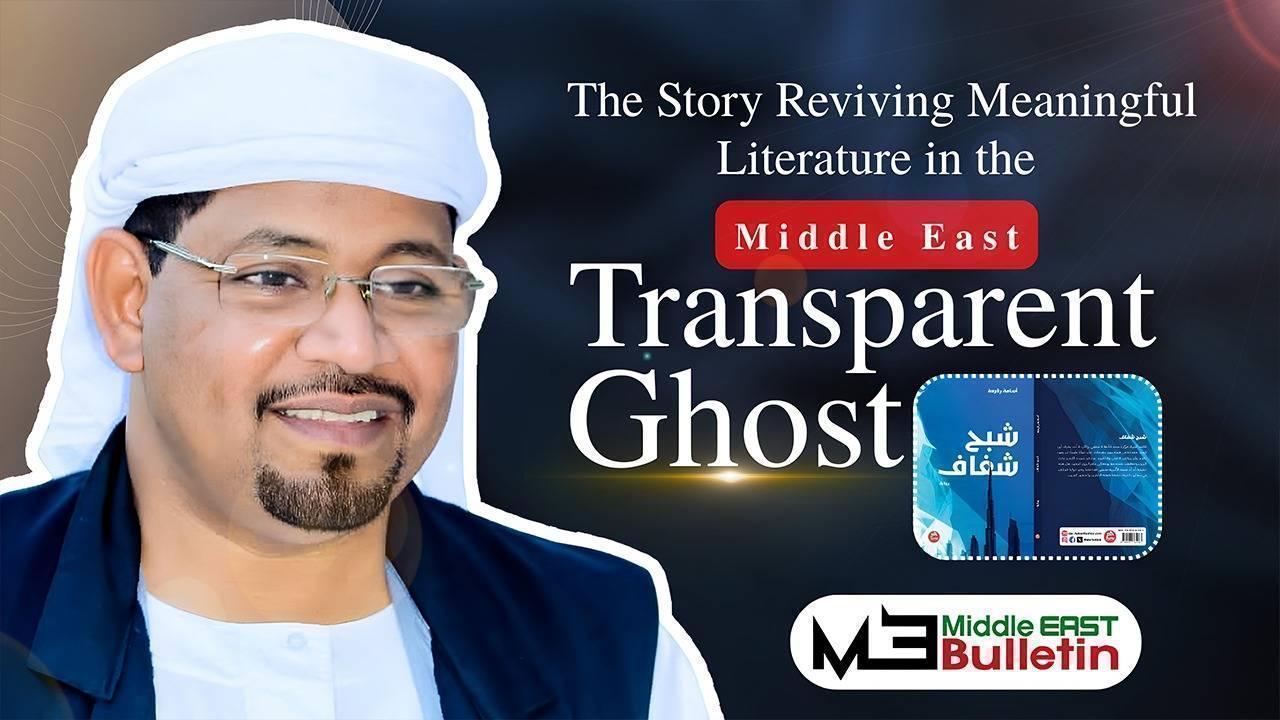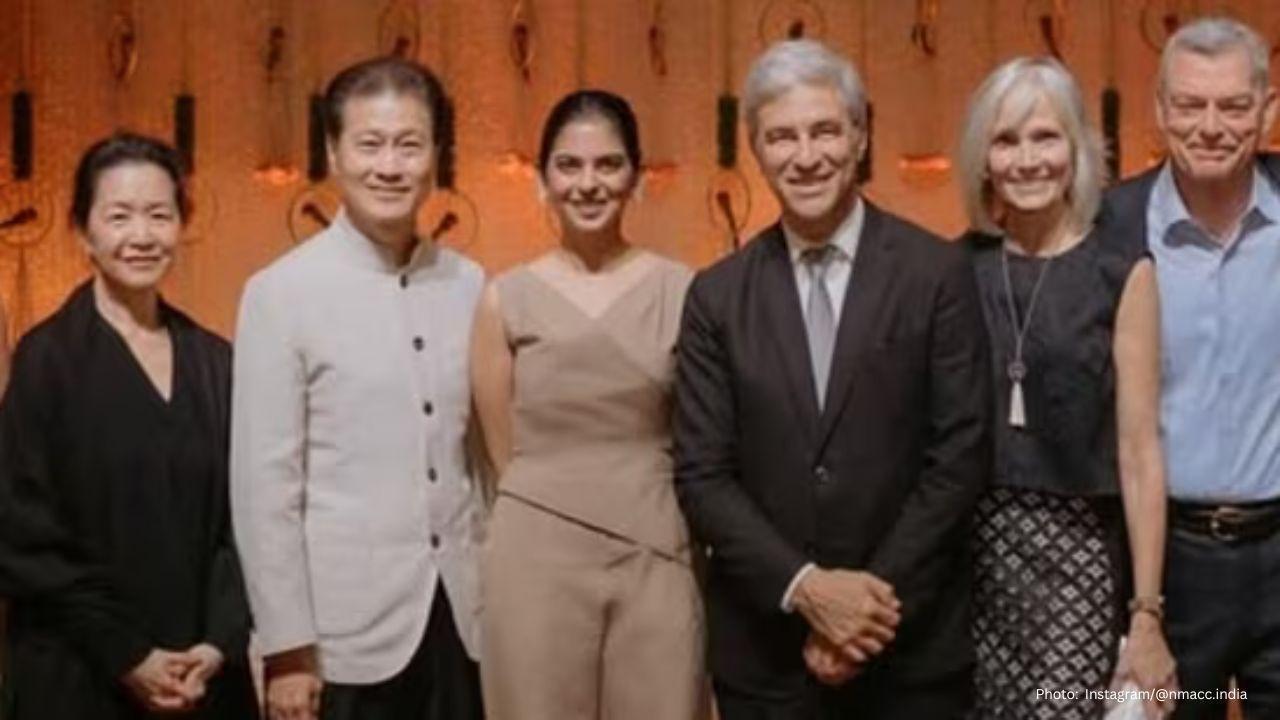
Post by : Anees Nasser
Saudi Arabia is at a crossroads in its economic journey. Long known as the world’s largest oil exporter, the Kingdom is now steering its future toward a different kind of energy: tourism. Guided by Vision 2030, Crown Prince Mohammed bin Salman’s transformative plan, the country has launched a $1 trillion investment blueprint to build luxury resorts, smart cities, cultural attractions, and eco-tourism hubs. The goal is clear—welcome 150 million visitors annually by 2030 and establish Saudi Arabia as a global tourism powerhouse.
Yet beneath the excitement lies a crucial question: can this ambitious plan be sustained over time? While Saudi Arabia is sparing no expense in rebranding itself, success depends on more than grand investments. It requires balancing economic growth with cultural sensitivity, sustainability, and global competitiveness.
The scope of Saudi Arabia’s tourism vision is unprecedented. Projects like NEOM, the $500 billion futuristic city, aim to redefine urban living with smart technologies, floating ports, and zero-carbon resorts. The Red Sea Project and Amaala are designed to bring in high-spending luxury travelers with pristine beaches, coral reefs, and wellness retreats. Diriyah Gate, meanwhile, is a cultural mega-development focused on celebrating Saudi Arabia’s heritage.
These projects are designed not just to attract tourists but to reshape global perceptions of the Kingdom. For decades, Saudi Arabia was largely closed to leisure travel, its international image tied to oil wealth and religious pilgrimage. By building futuristic cities alongside heritage restorations, the government is creating a hybrid model—one that blends tradition with modernity.
Tourism’s importance to the Saudi economy cannot be overstated. Oil still accounts for a majority of government revenue, leaving the economy vulnerable to fluctuations in global energy prices. By investing in tourism, the Kingdom aims to diversify income sources and create jobs for its young and growing population.
The government estimates that tourism could contribute up to 10% of GDP by 2030, compared to less than 4% today. This expansion is expected to generate millions of jobs, ranging from hospitality and entertainment to infrastructure and digital services. The private sector, too, is being encouraged to invest heavily, with incentives for local and international companies to set up operations in Saudi Arabia.
Ambition is one thing; execution is another. Building an entire tourism industry almost from scratch presents formidable challenges. First, there is the question of infrastructure. Airports, roads, public transport, and utilities all need to be expanded and upgraded to handle tens of millions of tourists annually. While Riyadh, Jeddah, and Dammam are expanding their airports, the sheer scale of projected arrivals may stretch facilities beyond capacity if not carefully managed.
Second, the Kingdom must ensure that hospitality standards meet international expectations. Visitors used to Dubai, Singapore, or European capitals will demand world-class service. Training a workforce capable of delivering that quality at scale will require sustained investment in education and professional development.
Tourism growth is not just about infrastructure—it’s also about society. For decades, Saudi Arabia was known for strict conservatism, where entertainment and leisure activities were limited. In recent years, reforms have relaxed social restrictions, allowing concerts, cinemas, and mixed-gender events. These changes are essential to attract international tourists.
However, balancing modernization with cultural identity remains delicate. The Kingdom must ensure that social reforms are embraced domestically while still appealing to a diverse range of visitors. Tourists seeking cultural authenticity will want to experience Saudi traditions, not just globalized luxury resorts. Successfully walking this fine line will determine how Saudi Arabia is perceived on the world stage.
Perhaps the biggest test of Saudi Arabia’s tourism blueprint is sustainability. Many of the giga-projects are located in ecologically sensitive areas, including coral reefs, deserts, and heritage sites. Preserving these while developing tourism is a challenge. The government has pledged that the Red Sea Project will run entirely on renewable energy and maintain a minimal ecological footprint. NEOM has also been marketed as a green, carbon-neutral city.
Skeptics, however, question whether these promises can be fully realized. Tourism, by its very nature, increases consumption, waste, and emissions. To maintain credibility, Saudi Arabia will need to demonstrate tangible progress in renewable energy adoption, conservation programs, and sustainable practices across all developments.
The Middle East is already home to global tourism leaders. Dubai, in particular, has built a reputation as a luxury hub attracting millions of visitors annually. Qatar, Oman, and Egypt also have strong tourism strategies. Saudi Arabia’s challenge is not just to attract visitors but to differentiate itself in an already crowded market.
The Kingdom’s advantage lies in its size and diversity. Unlike Dubai, which focuses heavily on urban tourism, Saudi Arabia can offer everything from mountain retreats in Asir to archaeological wonders in AlUla. If marketed effectively, this diversity could give the Kingdom a unique competitive edge.
For decades, international narratives about Saudi Arabia were shaped by politics, religion, and oil. Changing this perception is as important as building new airports or luxury resorts. The Kingdom has launched global marketing campaigns to rebrand itself as a welcoming and modern destination. Partnerships with major sports events, cultural festivals, and global influencers are part of this strategy.
However, reputational challenges remain. Geopolitical tensions, human rights debates, and regional instability can affect how tourists perceive safety and accessibility. Saudi Arabia must consistently demonstrate openness, safety, and inclusivity to overcome lingering doubts.
The $1 trillion tourism plan is bold, visionary, and potentially transformative. But sustaining growth will depend on more than money. Saudi Arabia must focus on building human capital, ensuring sustainability, strengthening cultural authenticity, and competing effectively with regional rivals.
If successful, the Kingdom could create a new model of economic diversification, showcasing how a resource-rich nation can reinvent itself in the digital and tourism age. If challenges are not addressed, however, the plan risks being remembered more for its ambition than its results.
The world is watching closely, and the next decade will determine whether Saudi Arabia’s tourism revolution becomes a long-term success story or a cautionary tale of overreach.
The views and analysis presented in this article are for informational and editorial purposes only. Middle East Bulletin does not endorse any specific companies, projects, or investment strategies mentioned herein. Readers are advised to rely on official sources and independent research before making decisions related to business, travel, or finance. While every effort has been made to ensure accuracy, Middle East Bulletin is not responsible for any errors, omissions, or outcomes arising from the use of the content.










Kenta Nishimoto Defeats Lakshya Sen in Japan Masters Semifinal
Lakshya Sen's journey in the Japan Masters ends after losing to Kenta Nishimoto 19-21, 21-14, 12-21

Kenta Nishimoto Defeats Lakshya Sen in Japan Masters Semifinals
Lakshya Sen's run at the Japan Masters concludes with a loss to Kenta Nishimoto in the semifinals, 1

Major IPL Trade: Jadeja Joins Royals as CSK Signs Samson
In a significant IPL trade, CSK has acquired Sanju Samson from Rajasthan Royals in exchange for Ravi

Popovic Urges Team Enhancement Following Venezuela Defeat
Australia's narrow 1-0 loss to Venezuela highlights the need for improvement, says coach Tony Popovi

Pochettino Emphasizes Competitive Spirit for U.S. World Cup Squad
U.S. coach Mauricio Pochettino stresses that every player must earn their spot for the 2026 World Cu

Sharjah Equestrian Club Kicks Off 2025–26 Racing Season with Exciting Lineup
The 2025–26 racing season at Sharjah Equestrian Club opens on Sunday, featuring six thrilling races